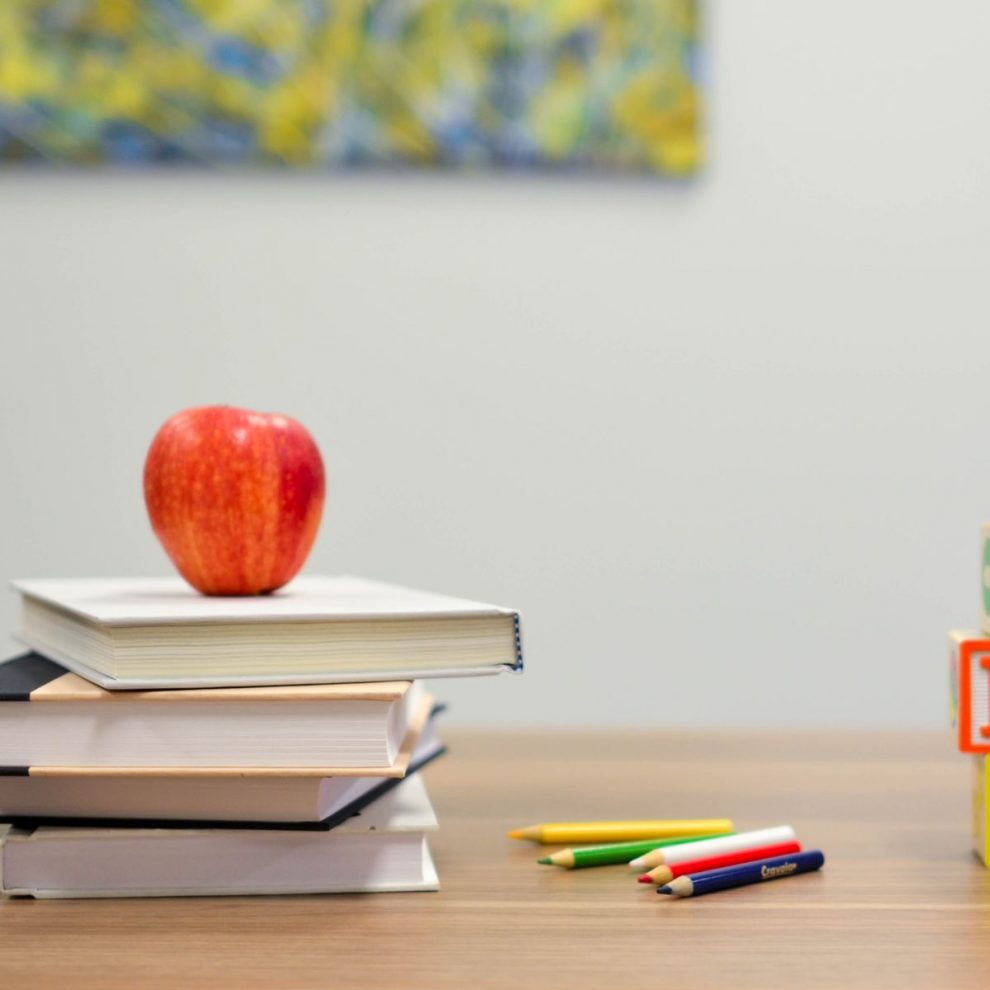It is said that young children ask about 300 questions per day. Most of the time, these little ones pop questions on why, what, where, who and when. They are very curious about many things around them and this ability of asking questions helps them to gain knowledge on various topics. To enhance their knowledge and get to know their feelings, you can ask questions to children. When you do this, they try to critically think about the questions being asked and possible answers. Most importantly, they will gain knowledge and become familiar with things happening around the world.
Asking questions to children helps you understand their personality and how well they are aware of things around them. As parents, you want to give your best to children and make sure that they develop good behavior. In this regard, asking questions for kids can be helpful in getting to know them better. You can not only ask questions related to their personality, but also assess their knowledge on different topics. There are many topics that you can cover, all with the help of an interesting and engaging activity. With this, children are more likely to concentrate on questions that are being asked.
To get to know more about your child’s interests and their personality, you can prepare a list of questions on different topics. You can ask these questions in the form of interactive activities such as riddles, puzzles, quizzes, etc. Create a scenario where you can pose questions to your child and allow them to talk about whatever comes to their mind. Appreciate children for their efforts, even if they can’t answer any of the questions asked. Asking open-ended questions helps children to think creatively. Moreover, children become open to conversation and share their thoughts and ideas freely with others.
5 Ways to Ask Questions to Your Children
Asking questions not only helps your children to gain knowledge but also enables you to know them better. Some of the simple ways to ask questions to your children are mentioned below:
- Keep it short and precise: Asking long questions might confuse your child. Therefore, you need to ask questions that are short and to the point. This helps your child to understand and answer the questions correctly.
- Do not ask too many questions: Keep your questions limited so that your child does not feel over-burdened with too many questions. Once your child starts speaking, ask minimal questions so that they have enough time to answer them.
- Ask relevant questions: Try to ask questions that are related to topics you want to discuss with your child. Most importantly, build connections with your questions like ‘How do you feel?’, and ‘How was that?’, etc. With these questions, you will learn your child’s feelings and emotions.
- Encourage children to critically think: While asking questions, encourage them to think about the questions before answering them. In this way, children will come up with logical answers. Children will be able to talk and share their thoughts with an open mindset.
- Ask questions on different topics: You can include questions on various topics so that they can gain knowledge on diverse topics. With this, you will get to know the areas of improvement based on their answers. You can also work towards improving their weaknesses.
Benefits of Asking Questions to Children
Once your child is able to answer the questions correctly, they start gaining knowledge of different things and the world around them. This helps them to enhance their knowledge and personality. Asking Christmas, Animal and Disney trivia questions, helps children to gain knowledge of these topics. Some of the benefits of asking questions to children are mentioned below:
- Develops vocabulary and language skills.
- Improves understanding of various topics.
- Develops questioning skills in children.
- Promotes sharing of thoughts and ideas with others.
- Helps children to critically think about questions.
- Facilitates active discussion and conversations on various topics.
- Develops speaking and listening skills.
- Boosts confidence and motivates children to express their thoughts with others.




